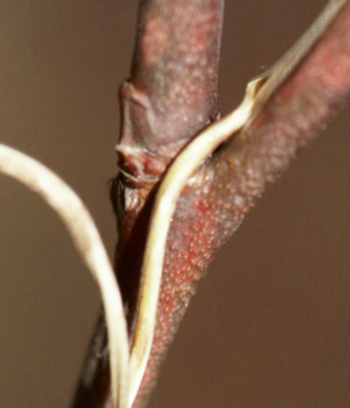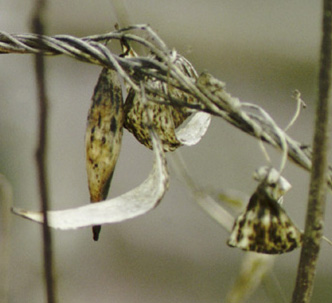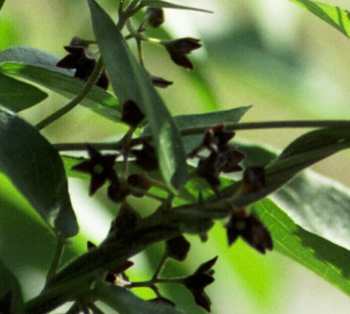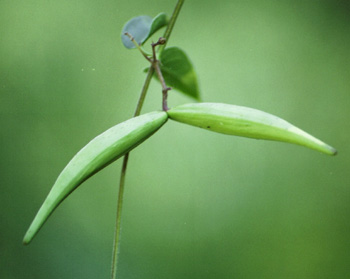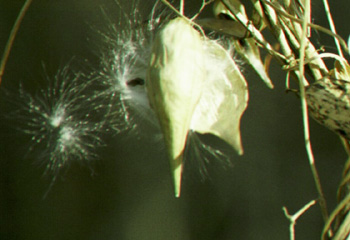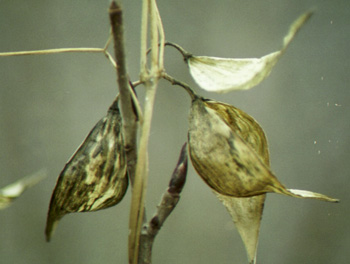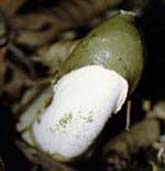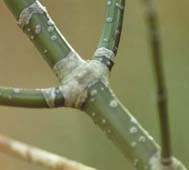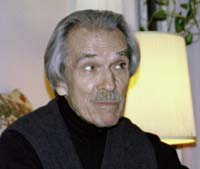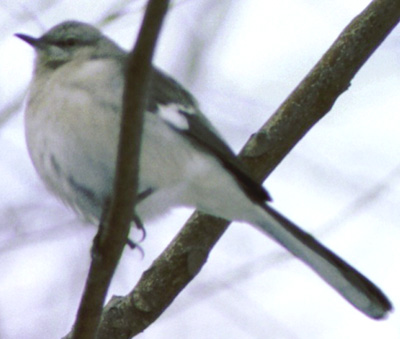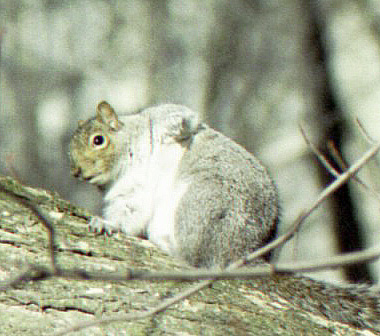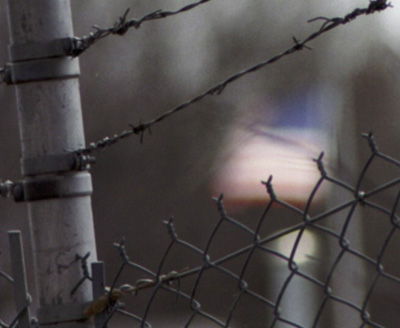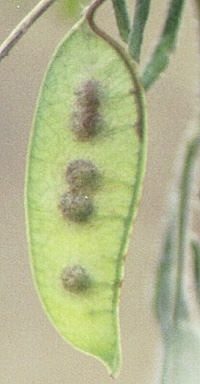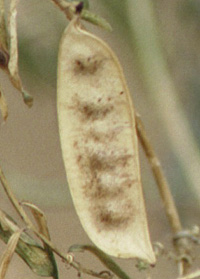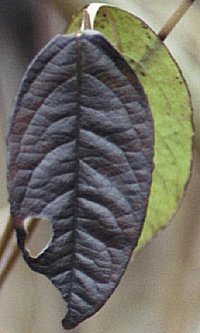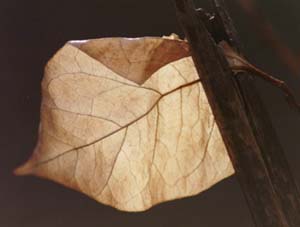
1.
Last week-end tooth #3, fed up with my weeks of ignoring its quiet, reasoned complaints, decided to do the ice-pick-through-the-jaw-ear-and-temple routine that spurned molars sometimes do to get their custodian's attention.
Through assiduously avoiding all but the most tepid foods and consuming nephrocidal and gastropathic handsful of proprietary analgesics, I was able to placate the thing, which I hauled to my dentist on Tuesday.
She peered gravely into my mouth, whacked at #3 with the metal handle of her toothpiculum, stuck some nasty little stingy filaments into unsavory areas she kept indelicately referring to as "pockets," took an xray, and announced I needed a root canal.
2.
All my earliest dentists were men. Gruff, merciless men with large, hairy hands and big needles. Big, long needles which they'd jab deep into the tender mucous membranes of my mouth. Gruff, pitiless men whose drills filled my head with the rank fume of charred tooth until I was
burning, burning, burning, burning with the existential nausea of the afflicted body.
One Saturday in 1964 my father and I pulled up to Dr Z's little office for some dreadful assignation or another. I was filled, I presume, with the usual pre-dental leaden despair. There would be pain. There would be helplessness. There would be smells -- chemical, medical, masculine. There was no hope.
The parking lot was oddly empty. Like a shackled prisoner, I shuffled behind my father. We went inside. It was unusually quiet. No drilling sounds or muffled screams issued from the back rooms. No bad music streamed down from overhead. My father conversed in hushed tones with the nurse. Something grave was afoot. Something important and adult. I could hear it in their voices. He nodded, turned and headed toward the door.
Flooded with giddy relief, I followed my father back out to the car. I'd been reprieved. The universe had served up a rare and unexpected clemency. I floated, swollen with delight, weightless as a helium, a nitrous oxide balloon.
"There's been a plane crash," my father explained. "Dr. Z's brother was the pilot. He's dead. Senator Kennedy was in the plane, and he was badly hurt."
I sat, stunned. Deflated. My incredible, unexpected, good fortune had its roots in death and loss and pain.
3.
When I was in my forties I finally got a female dentist. I'd spent decades as a dental outlaw, only rarely going for check-ups, never staying with the same dentist for more than a few visits. My dental luck -- the unmerited and rancid good fortune that had begun in 1964 -- was holding, but just barely.
One day I found myself with dental insurance, so I decided to come in from the cold. I called "Find A Dentist" and made an appointment with Dr. S.
Dr S. is a pleasant, quiet, meticulous woman, friendly but not intrusively so, decades younger than me, whom I liked from the first moment I met her. She was newly in practice, in a handsome, slightly beat brownstone on Beacon Street just outside of Boston. The trolley ran back and forth in the middle of the wide boulevard outside her office. She inspected my aging, neglected choppers, tut tutted over Dr Z's ancient silver fillings, most of which would have to go, and formulated the
treatment plan that we're still slogging through to this day. I haven't the heart to tell her I've drawn a categorical line in the sand: no bite guard. No implants.
She won my heart with her first injection of novocaine. Quivering with deeply-rooted angst, I'd opened my mouth, shut my eyes, and steeled myself for pain, for the needle boring straight into the nerve.
But wait ! What was this ? Where was the needle ? Instead, she was twirling two cotton applicators soaked in something aromatic on my gum. I felt a vague fuzzy numbness growing beneath them: topical anaesthesia ! Brilliant ! Was this something new ? Some secret high tech pharmacological anodyne that had eluded the armamentarium of all the hirsute and hamfisted dentists of yesteryear ?
Raise your index finger if you feel any pain she said, as she began the injection. I focused my full attention on my mandible. I felt pressure. Something wiggling . A distant, vague, tinkling brightness, not quite pain.
I did not then, nor have I ever since, needed to raise my index finger.
I relaxed into the chair. I was in good hands.
4.
When I first started seeing Dr. S. I'd just completed my long-postponed medical residency, passed the boards, had found my unobtrusive little medical gig, and was writing a lot of poems. There were, naturally, some dental poems. In defense of the genre I cite Elizabeth Bishop's
"In The Waiting Room"Early in my relationship with Dr S., I found myself undergoing a tedious restoration of a tooth that had outlasted one of Dr Z's ancient fillings. I was to get a
crown. I found the whole process mysterious and fascinating. As Dr S. sat beside me on her stool patiently polishing and filing the little porcelain simulacrum, attentive, silent, I imagined a monkish artisan -- a sculptress, a miniaturist -- hired to execute a poet's last wish, and I wrote the following poem:
Last Drill and TestamentIt was my last wish, and she eventually obliged me.
I had the cash, of course, but even so it took persuasion.
She said she had her reputation to consider,
and it was all so queer and morbid.
Oh, she was flattered, alright, who wouldn’t be,
and intrigued by the artistic and technical challenge,
but she couldn’t possibly go along with such a thing --
surely it would be unethical, if not outright illegal,
to pervert her conventional skills in such a manner --
but yes, she whispered, it certainly could be done.
Thus I set her dreaming. It was the idea, not I,
that enthralled her, then possessed her.
As it had me, I might add. Who was Fausting whom ?
Does it really matter ? The usual Herr M. from Berlin
via Buenos Aires was in on the financial end,
but the true scrip (as it always is in these transactions)
was immortality. Or at least a respectable posterity.
By the next time I saw her she had already drawn up sketches.
Then the prototypes in porcelain and enamel began to arrive
(when did she sleep ?) one or two a day until soon all twelve
sat in two neat crescents on my desk beneath my lamp.
The details were superb -- folds of drapery fingered by the wind,
a proferred breast, books listing on the corner of a desk,
a sleeping child, a broom, a pen, a tower of feathers framing
an archangelic smile, an ambiguous moon, flames --
all, of course, in miniature, yet rendered with astonishing precision.
And twelve was perfect -- both apostolic and lunar -- six up, six down,
to be exactly staggered in two interdigitating rows
each with its own, and then an interlocking message
as my jaw shuts, free at last of all that nasty gnashing and grinding
that so troubled me during life. During life , you ask ? This, of course,
is to be an opus posthumous, the only one that will outlast me
for any decent time. And even if mandible and maxilla
separate and drift apart (as they are bound to do)
into two simple fables, even the momentary reconciliation
of contradictions will have been well worth the effort and expense.
The surgery’s tomorrow. She thinks it will take two days.
The chance of my surviving anaesthesia is nil, but moot.
Herr M. has made arrangements for the ensuing
dispositions and obliterations -- the laundered cash,
the abandoned car, the eminently plausible note
carefully affixed to the bridge rail, the forest plot
too remote even for the most stumbling hunter.
So, my friends, I’m off to my last supper,
my final brush and floss, a good nights’ rest,
a whiff of nitrous, one last laugh, then my magum opus:
hic jacent poema et poetria -- mordant but dead.
3.9.96
5.
It was midsummer. The August anniversary of the Hiroshima bomb was approaching, and I was writing poems about that approach. I found myself in the dental chair in Dr S's front office waiting for the novocaine to take. The air conditioner hummed; the classical AM station poured out its usual Mozart. Beyond the vine-entangled wrought iron filigree of her bay window, the green line trolleys passed, slow and lumbering as if from the heat. My jaw grew numb. A poem began to take shape
Novocaine... leaves bow
beyond the glass, the sidewalks sink and darken,
the east- and west-bound trolleys
slip past one another, full and empty
as second and minute hands
passing clock and counterclockwise,
around the point where anaesthesia
begins its pilgrimage along the nerve
and the jaw drops its blackout curtain
for the projectionist’s grainy montage
of a woman, foundering across the face
of a fused compass, her jaw gone, her
tongue trying to ask for water, her throat
a hole in the darkness for the wind
to play like a desolate flute, all
in a heavy, black rain.
7.25.95
6.
Eventually my luck ran out. There were broken teeth. Toothaches. Root canals. Endodontists. Even male endodontists -- surprisingly gentle, grave, professorial men with hands far more delicate than Dr Z's rough paws.
They slipped their strange little files deep into the roots of my perishing teeth, and twirled.
Gutta percha they whispered.
Please spit. Novocaine bathed my brain. A lithograph -- improbably black lemons -- quivered on the wall beside me. Music -- a countertenor, viols -- streamed from the drill. My poems grew more byzantine, more formal, like this logocentric mosaic assembled from little sparkly lozenges chipped from the OED.
Triskaidecodontian Ode
Philodendrons tress the deco étagere
of the grisaille-and-bombazine vestibule
where Mozart, nervous, chitchats, jiggles, taps,
and even the doorknobs harbor designs.
Rhesus lighting ? Ceilings ? But of course.
The accent français is not difficile.
But inside, twin ebony lemons and a lead apron
schadenfreude in Schonbergian dodecaphonics,
and soon all names will be changed to numbers.
Houseplant #3. Doctor sixteen.
Logos to logorithm, a deli count.
This interregnum slurries nostalgia with terror.
No one’s innocent. Gone are the days
when the miller’s daughter walked her dog
under a crescent moon of such well-honed cusps
and incisive light one could think the sky a sonnet,
or at least the sinister of a leggy palindrome
caught to the waist within the floor of heaven.
Today she’d just trip on a root and slide
into the canal’s democratic überbilge.
But I can still wish her an uncolloquial demise !
May she be whisked toward an odalisque of light
upon a wheeled and brightly domed device,
a gilt triskelion-and-soap-box kibitka,
not seen since the days of Vladimir.
All night a triskaidecaskelion has pizza-cut me
from apex to zygoma. Today a taciturn,
kind stranger ministers. Open. Spit.
Oh #13, Judas tooth, I do forgive you.
All thirty two disciples gather in your honor.
I’ve ordered a baker’s dozen honey-dipped.
You have not seen the last of my suppers. Yet.
6.19.99
7.
Dr S. has moved into new digs a few blocks east down Beacon Street. Her office is tastefully decorated, modern, even beautiful, all cheerful yellows and clean beige. She has taken on some partners, and cosmetic dentistry -- invisible orthodonture and whitening systems -- seems, from the displays in her waiting room, to have become a prominent part of the practice. There are iconic smiles on every wall, beautiful smiles that reveal glistening, straight, pure-white teeth.
The operatory windows open out back, now, onto courtyard trees and the brick rear walls of apartment buildings. Squirrels peer in from the branches. A strange, furry cactus lives on one window sill, looking for all the world as if its top had been knit from yellow yarn. It's still an all-woman office, and each year more and more baby pictures appear on the walls.
I am as indifferent to babies as I am to dental cosmetics. I'd simply like to keep some of my teeth for a while longer. Maybe I'll have to move on.
Suddenly I remember how a dentist -- some fellow in Cambridge whom I consulted once in the 1980's -- commented to me that he found the small linear inperfections in teeth "beautiful." Like the welters of cracks in the glaze of certain types of pottery.
Perhaps I should have given him a second chance.
Oh, it's all been so beautifully random, Dr. S.
Later today, reclining below a lithograph of black lemons, I'll have another root canal . I'll think of Hiroshima, trolleys glimpsed through ivy, Nabokovian vocabularies. I'll remember Worcester, Massachusetts, the city of the in Miss Bishop's poem, the city where I went to medical school. And a yellow cactus, like a knit sock.
Someday I hope to vote again for the Senator whose politics I love, and whose terrible misfortune once gave me a moment of pure reprieve, then pure, sickening contingency.
Is Dr Z. still alive ? Taking patients ?
